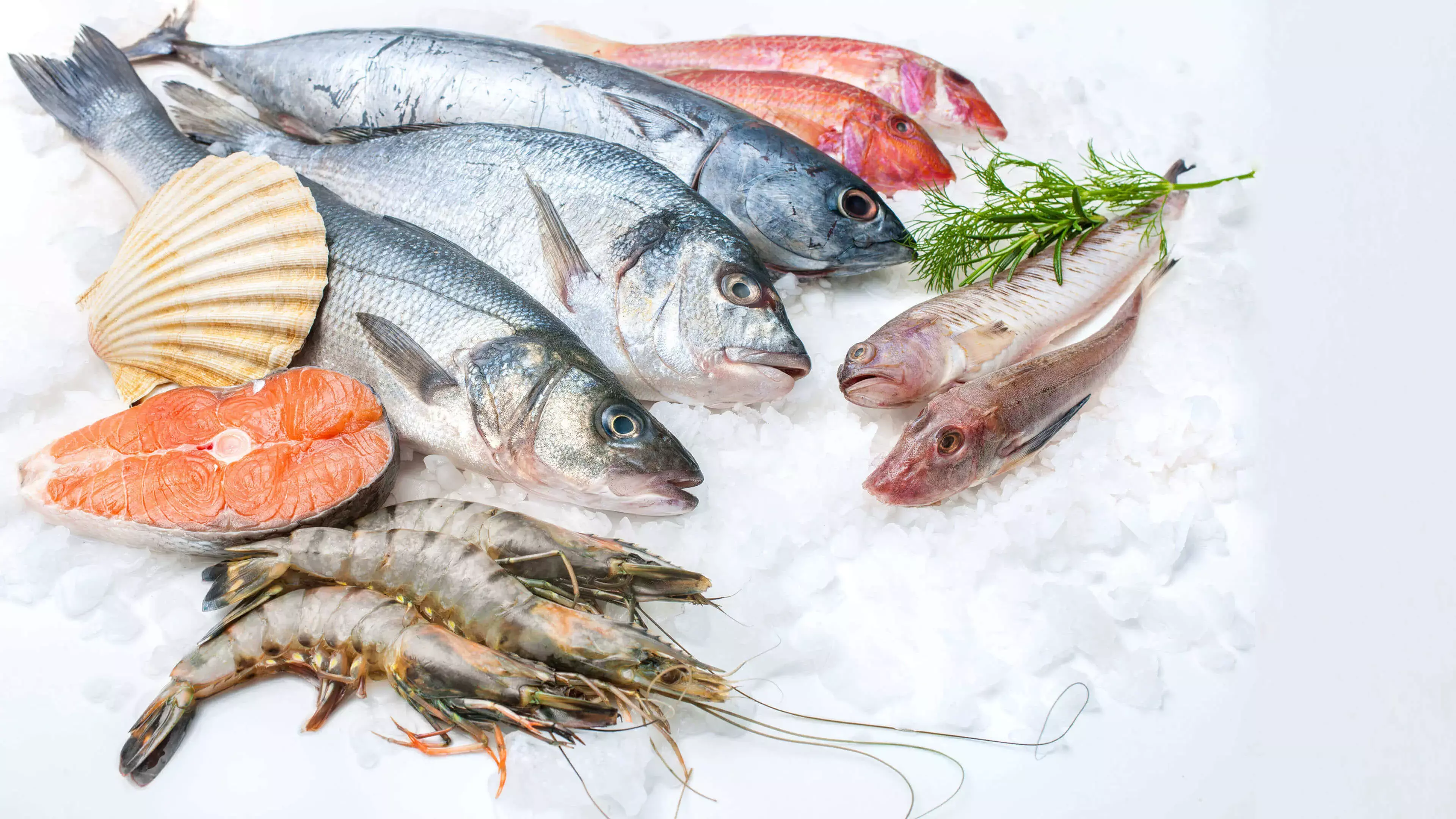- Home
- Medical news & Guidelines
- Anesthesiology
- Cardiology and CTVS
- Critical Care
- Dentistry
- Dermatology
- Diabetes and Endocrinology
- ENT
- Gastroenterology
- Medicine
- Nephrology
- Neurology
- Obstretics-Gynaecology
- Oncology
- Ophthalmology
- Orthopaedics
- Pediatrics-Neonatology
- Psychiatry
- Pulmonology
- Radiology
- Surgery
- Urology
- Laboratory Medicine
- Diet
- Nursing
- Paramedical
- Physiotherapy
- Health news
- Fact Check
- Bone Health Fact Check
- Brain Health Fact Check
- Cancer Related Fact Check
- Child Care Fact Check
- Dental and oral health fact check
- Diabetes and metabolic health fact check
- Diet and Nutrition Fact Check
- Eye and ENT Care Fact Check
- Fitness fact check
- Gut health fact check
- Heart health fact check
- Kidney health fact check
- Medical education fact check
- Men's health fact check
- Respiratory fact check
- Skin and hair care fact check
- Vaccine and Immunization fact check
- Women's health fact check
- AYUSH
- State News
- Andaman and Nicobar Islands
- Andhra Pradesh
- Arunachal Pradesh
- Assam
- Bihar
- Chandigarh
- Chattisgarh
- Dadra and Nagar Haveli
- Daman and Diu
- Delhi
- Goa
- Gujarat
- Haryana
- Himachal Pradesh
- Jammu & Kashmir
- Jharkhand
- Karnataka
- Kerala
- Ladakh
- Lakshadweep
- Madhya Pradesh
- Maharashtra
- Manipur
- Meghalaya
- Mizoram
- Nagaland
- Odisha
- Puducherry
- Punjab
- Rajasthan
- Sikkim
- Tamil Nadu
- Telangana
- Tripura
- Uttar Pradesh
- Uttrakhand
- West Bengal
- Medical Education
- Industry
Mercury exposure due to seafood intake not tied to CVD or all cause mortality: JAMA

USA: In recent research of US adults, seafood intake and mercury exposure at the present level of consumption was not linked with the risk of all-cause or cardiovascular disease (CVD)-related death. The findings of this work were published in the Journal of American Medical Association (JAMA) on 29th November 2021.
Despite the fact that fish contains heart-healthy omega-3 fatty acids, many people prefer to limit their seafood diet due to concerns about mercury exposure from seafood. It is critical to understand the possible health consequences of existing mercury exposure in modern communities. Yangbo Sun and the team aimed to investigate the relationship between seafood intake and mercury exposure and all-cause and cardiovascular disease (CVD)–related mortality in the general population of the United States.
This prospective cohort analysis included participants aged 20 and up who took part in the National Health and Nutrition Examination Survey from 2003 to 2012; data were linked to death records through December 31, 2015. The data was analyzed between January and March 10, 2021. Two 24-hour dietary recalls were used to quantify seafood intake, and blood mercury levels were used to estimate mercury exposure. The main goal was to reduce all-cause and CVD-related mortality. The hazard ratios (HRs) and 95 percent confidence intervals (CIs) of mortality related with typical seafood eating and blood mercury content quartiles were estimated using multivariable Cox proportional hazards regression.
- The subjects in this research had a mean (SD) blood mercury level of 1.62 (2.46) g/L. During the 131 276 person-years of follow-up, 1076 fatalities occurred, including 181 deaths caused by CVD.
- The multivariable-adjusted hazard ratio (HR) for an increase in seafood consumption of 1oz equivalent per day and all-cause death was 0.84, and 0.89 for CVD-related mortality.
- The quantity of mercury in the blood was not linked to all-cause or CVD-related death. The multivariable-adjusted HRs for all-cause mortality and CVD-related mortality were 0.82 and 0.90, respectively, when the highest and lowest quartiles of blood mercury content were compared.
- An increase in seafood consumption of 1oz equivalent per day had no effect on all-cause or CVD-related mortality. Furthermore, blood mercury levels were not linked to all-cause or CVD-related death.
In conclusion, environmental mercury exposure at the present low to moderate level was not linked to an increased risk of all-cause or CVD-related death. This outcome was unaffected by dietary EPA and DHA or selenium consumption. These findings might help shape future public health recommendations on mercury exposure, seafood intake, and cardiovascular health promotion.
Reference:
Sun Y, Liu B, Rong S, et al. Association of Seafood Consumption and Mercury Exposure With Cardiovascular and All-Cause Mortality Among US Adults. JAMA Netw Open. 2021;4(11):e2136367. doi:10.1001/jamanetworkopen.2021.36367
Medical Dialogues consists of a team of passionate medical/scientific writers, led by doctors and healthcare researchers. Our team efforts to bring you updated and timely news about the important happenings of the medical and healthcare sector. Our editorial team can be reached at editorial@medicaldialogues.in.
Dr Kamal Kant Kohli-MBBS, DTCD- a chest specialist with more than 30 years of practice and a flair for writing clinical articles, Dr Kamal Kant Kohli joined Medical Dialogues as a Chief Editor of Medical News. Besides writing articles, as an editor, he proofreads and verifies all the medical content published on Medical Dialogues including those coming from journals, studies,medical conferences,guidelines etc. Email: drkohli@medicaldialogues.in. Contact no. 011-43720751


